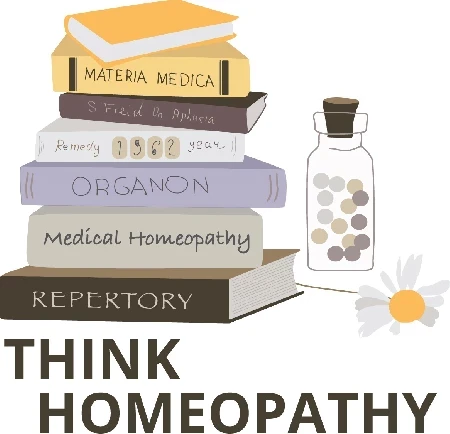Homeopathy, a system of medicine developed more than 200 years ago by the German physician Dr Samuel Hahnemann, continues to hold a valued place in the world of complementary and alternative medicine.
Rooted in the principle of ‘like cures like’, homeopathy works from the principle that substances which cause certain symptoms in large amounts may, when highly diluted, help the body heal those same symptoms naturally.
What makes homeopathy especially appealing is its holistic and individualized approach. Practitioners don’t just look at a single symptom—they take into account a person’s physical, emotional, and mental state, aiming to treat the whole person rather than the disease label. This personalized care often fosters a deep sense of trust and connection between practitioner and patient – much needed in today’s fast paced world.
Another defining feature is its gentle nature. Homeopathic remedies are highly diluted, which means they are considered safe and free from side effects. For many people seeking natural or non-invasive approaches, especially those sensitive to conventional medications, this provides reassurance and comfort.
Beyond symptom relief, homeopathy encourages people to listen to their bodies and participate actively in their healing. Many users report feeling more balanced, resilient, and aware of their overall well-being after treatment. The growing integration of homeopathy into wellness clinics and holistic health centres around the world reflects a broader desire for personalized, natural, and preventive forms of care.
The enduring popularity of homeopathy shows that many people find it meaningful, supportive, and effective in promoting wellness. For millions of individuals, it represents not only a form of treatment—but a philosophy of health that values balance, individuality, and the body’s innate ability to heal itself.

